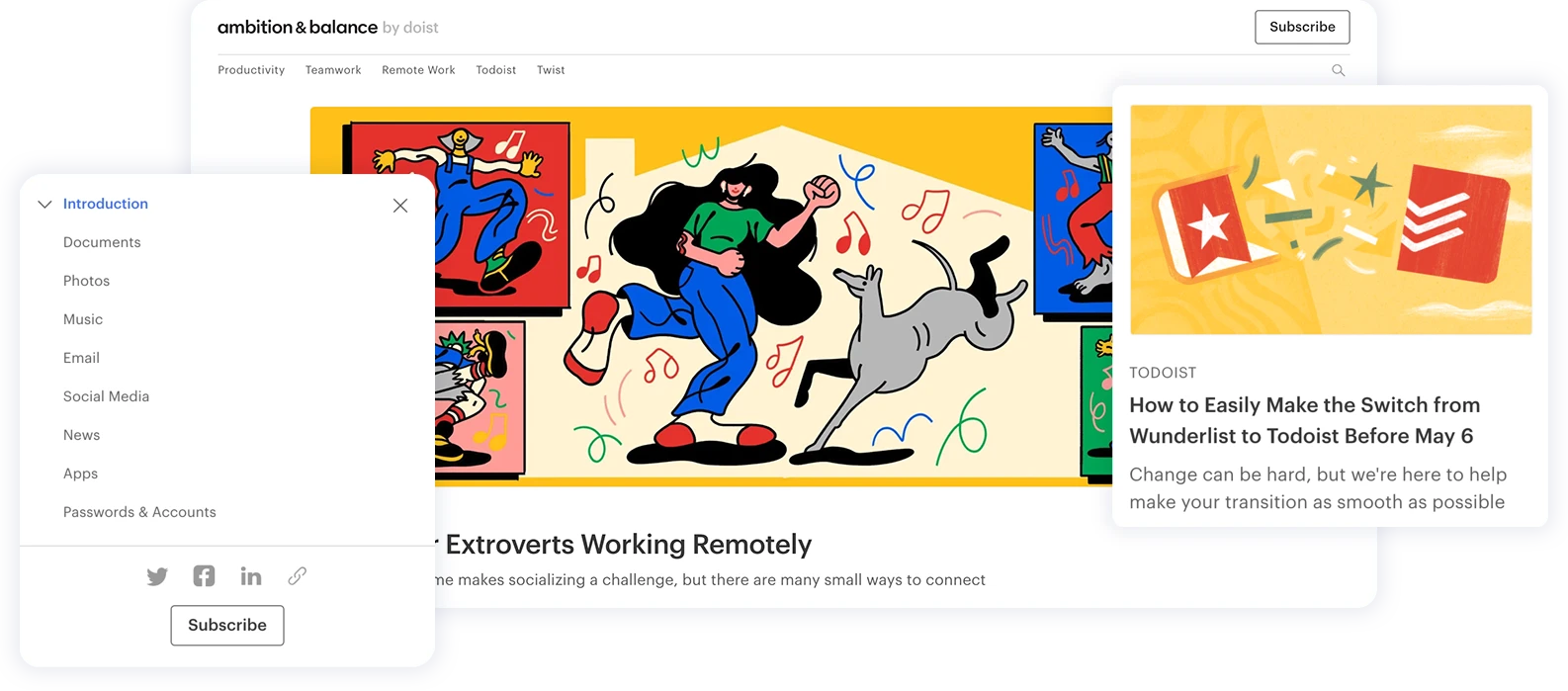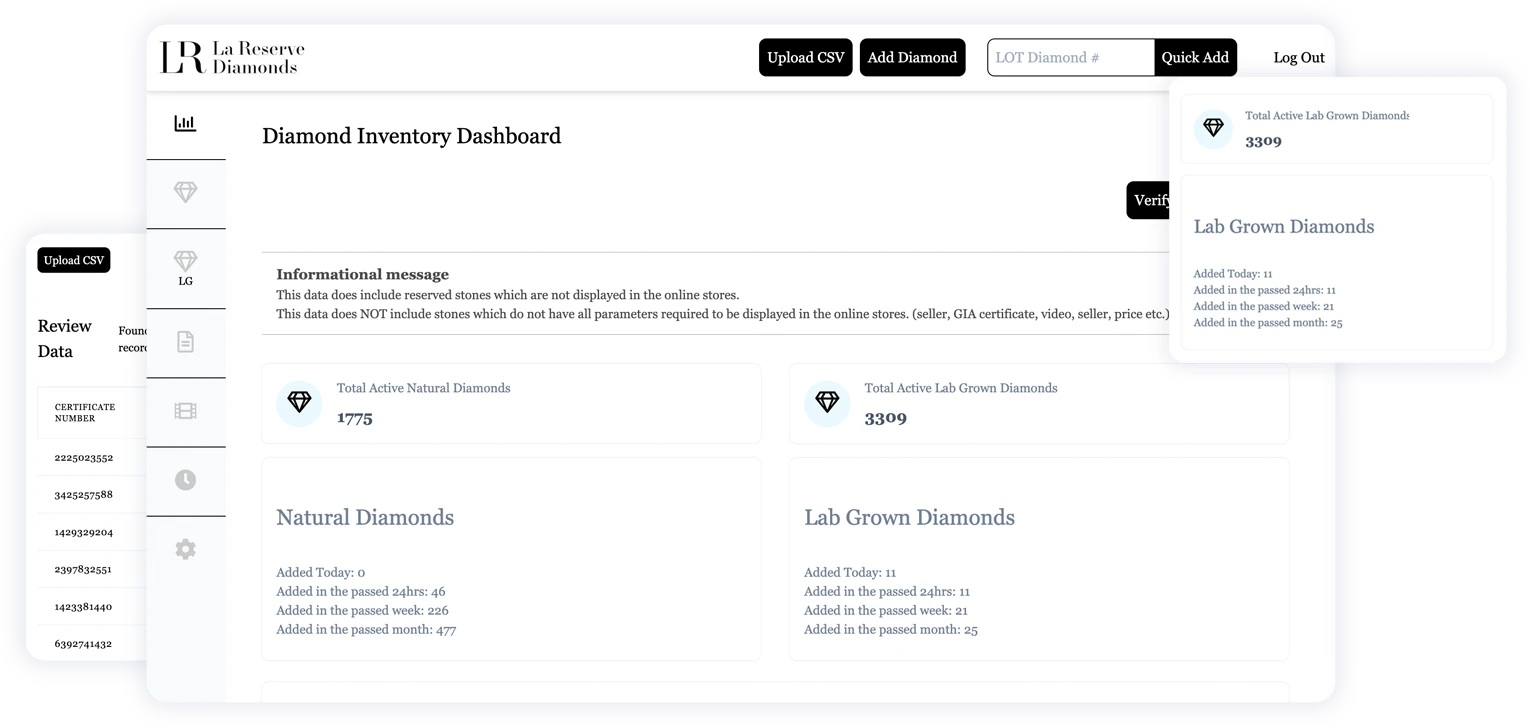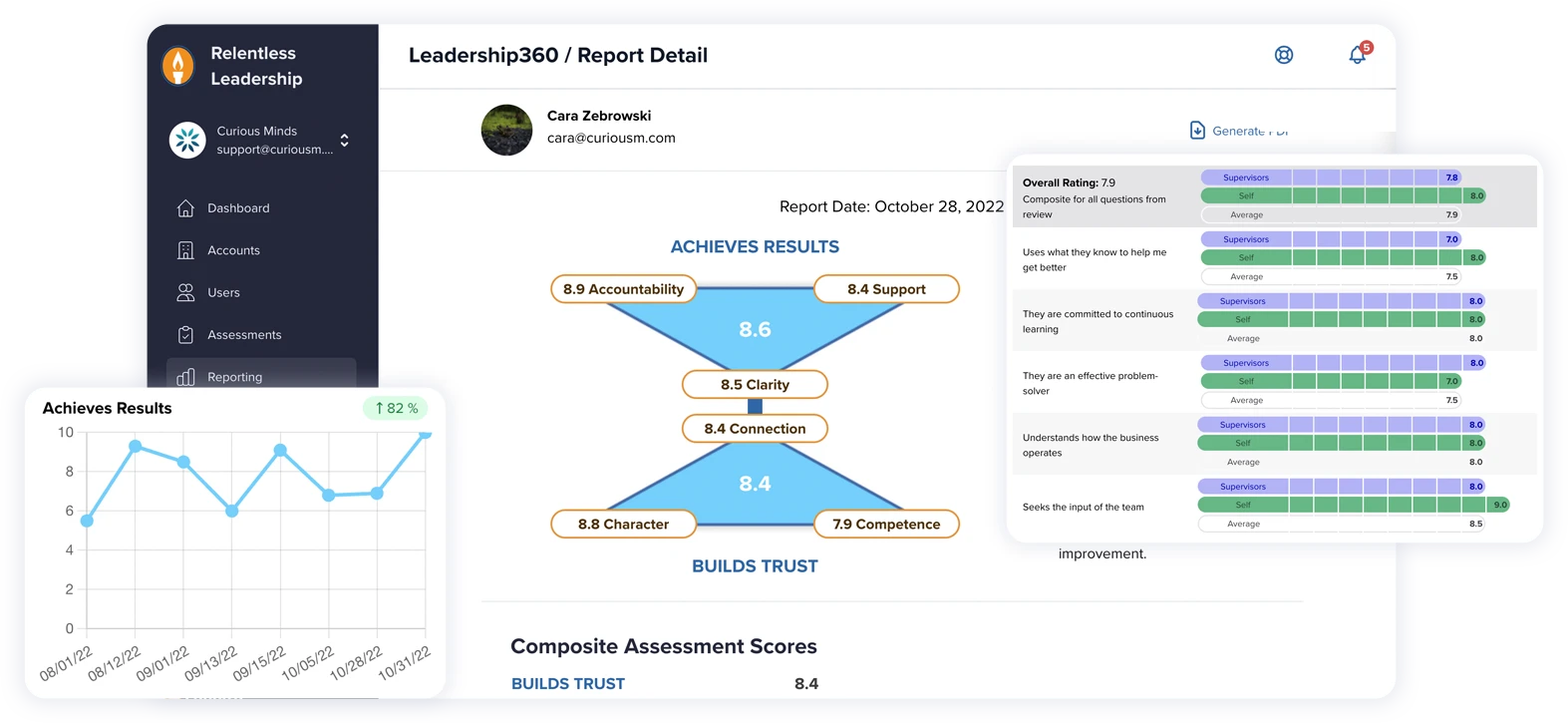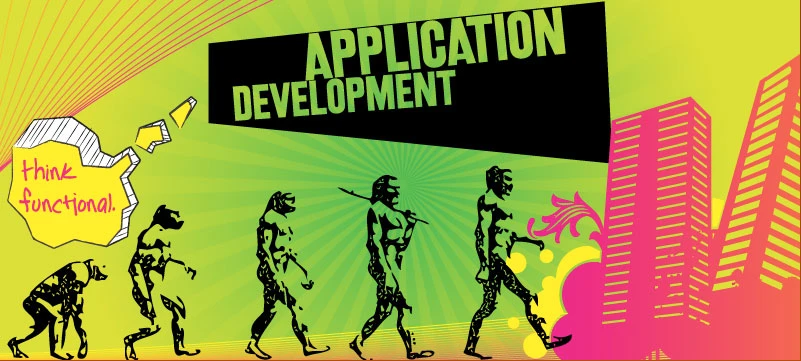It’s been a slow month, that’s all. You look at the traffic history and analytics on your website over the last few weeks. People aren’t staying. They’re not looking around, and you don’t know why. And then, it hits you. You can’t remember the last time you updated your site. A quick look reveals that a few plugins are out of date, and causing a major lag in page loading times. No wonder people aren’t shopping. There’s nothing to see!
Why is it so important to keep your WordPress site up to date? Here, we’re focusing on three reasons.
Security
Security is the primary reason to keep your site up to date. WordPress is one of the most popular CMS’s out there, powering more than 35% of all websites, from personal blogs to major news sites like CNN. WordPress is popular for users, but also a popular target for hackers and malicious code because it is so widely used. However, WordPress defends against these attacks by constantly updating their system. But if you don’t keep your site up to date, you can find yourself vulnerable to attacks, and so can your customers. Their data could be accessed, or they can be redirected to sites of varying degrees of dubiousness. With regular approved updates, you and customers are both safe.
Speed
The more outdated your site, the slower it’s going to run. An ideal load time for a site page is two seconds or less. That’s enough time to blink twice. Sites that require three, four, or more seconds to load may experience a higher bounce rate, resulting in fewer people exploring your product and/or services. Let’s say 100 people every hour are viewing your site, which sells trees for $100. 70% of people normally stay on your site and purchase a tree. But if your site isn’t up to date, maybe only 40% of all people stay and purchase something, because it’s taking too long to load a shopping cart and payment information. That’s a $3000 profit loss.
In addition, a fast site improves your SEO ranking, making it easier for someone to find your site.
New Features and Improvements
The goal is to create something that gets better with each iteration. While every update from WordPress is tested before release, sometimes there are a few quirks, or small bugs. Improvements are meant to fix those bugs from becoming a major problem, and features are meant to improve you and your customer’s experience. WordPress’ latest update, for example, featured a new way to give access to specific parts of a website without having to give someone access to a password. Another feature was Twenty Twenty-One, their new default theme. New features can improve site speed, SEO, and accessibility. By not utilizing new features and improvements, you can miss out on ways to improve the site functionality.
Keeping Everyone Happy
The easiest solution would be to enable auto-updates, right? If a site needs to be up to date at all times, isn’t it foolproof to simply let WordPress do its thing? As written about in one of our previous posts, enabling auto updates removes any paper trail, making it impossible to find the source of any issues. No paper trail, no solution, and a potentially significant amount of frustration to be had by you and your customers. Not to mention the additional cost of finding and hiring a developer to come in, find the problem, and fix it.
If you invest in a WordPress maintenance plan, a developer is already on hand to provide regular checkups to your site, keeping it up to date, thereby keeping everyone happy. You no longer have to focus on your site. Instead, you can focus on your business. And your customers can focus on your product.


















